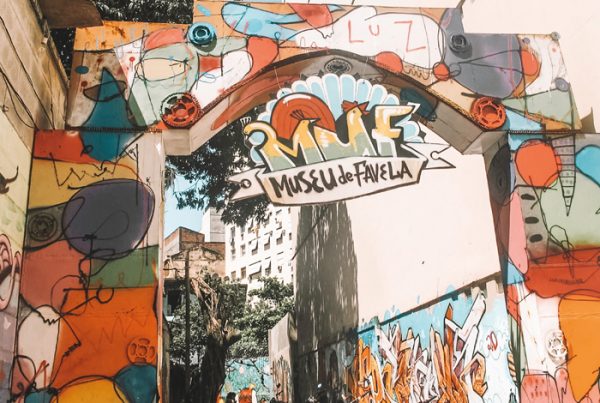Virando o jogo: possibilidades de mobilização social no futebol brasileiro
A Fifa anunciou nesta segunda-feira (22/04) o início da venda de ingressos para a Copa do Mundo de 2014 para quem possui cartões da Visa, uma das patrocinadoras do evento. O valor mínimo do ingresso de R$ 1.185,00 coloca a questão da privatização e da mercantilização da cultural popular do futebol no Brasil. Esse é o tema do artigo do professor Christopher Gaffney que analisa o surgimento e a transformação da Associação Nacional dos Torcedores (ANT) como uma tentativa por parte da sociedade civil brasileira para inserir agendas sociais mais progressistas no projeto político-neoliberal para o esporte do nosso país.
O artigo “Virando o jogo: desafios e possibilidades de mobilização social no futebol brasileiro” foi apresentado por Christopher Gaffney no Encontro da Associação Americana de Geógrafios (AAG/EUA), no período de 9 a 13 de abril, e representa mais uma iniciativa de difusão dos resultados do projeto “Metropolização e Megaeventos” para a comunidade internacional.
Gaffney coordenou a sessão temática “Justiça Social e Cidade Maravilhosa: Copa do Mundo, Olimpíadas e Desapropriação no Rio de Janeiro”, e mostrou que o direito à cidade está comprometido na paisagem urbana do Rio de Janeiro. Sob o advento da Copa 2014 e Olimpíadas 2016 a cidade passa por uma reestruturação do seu território, com a entrada de capitais especulativos, revalorização imobiliária e projetos de infraestrutura estabelecendo novas regras de governança e de ação social.
A seguir o Resumo e a Introdução do artigo do professor Christopher Gaffney, na versão em inglês.
Virando o jogo: The challenges and possibilities for social mobilization in Brazilian football
Abstract
The progressive commercialization of football in Brazil has been accompanied by a retrenchment of the political interests that have long dominated the game as well as the emergence of social movements that are challenging the status quo. The expansion of cable television, coupled with high ticket prices and perceptions of insecure stadium environments have reduced average attendances by nearly 20% over the past five years. This has consolidated the claims of Brazil’s organized fan groups (tocidas organizadas) to be the “authentic” representatives of club identity. The close relationships between these groups and club directors ensure the maintenance of the status quo. At the same time, the real and perceived threats of these groups to social order have resulted in a militarization of stadium and urban space which has been accompanied by the creation of laws that treat all fans as potential criminal actors, with deleterious effects on public participation in construction and maintenance of Brazil’s football cultures. While many of these processes were well underway before FIFA selected Brazil to host the 2014 World Cup, the event preparations are accelerating the trends towards corporatization, privatization, opaque governance and mercantilization of popular culture.
In the years leading up to the 2014 World Cup, various social movements have formed to respond to these changes in the political economy of sport. This article will analyze the emergence and transformation of the National Fans’ Association (Associação Nacional dos Torcedores, ANT) as an attempt from Brazilian civil society to insert more progressive social agendas into the rapidly neo-liberalizing political economy of Brazilian sport.
Key words: Brazil, World Cup, football, political economy, social movements
Introduction
This paper will discuss the formation and history of a particular social movement that formed in the context of major urban, political and social restructurings currently underway for the 2014 World Cup and 2016 Olympics. The literature regarding urban social movements in Brazil is scant and sport related movements are in many ways pioneering efforts on the part of Brazilian civil society to insert “popular” agendas into sport governance regimes, they merit detailed attention from scholars. The current conjuncture in which these movements have formed is defined by major publically financed changes to its football infrastructures and an increased separation of the sport’s governing institutions from the general population. As Brazil moves deeper into its mega-event cycle, these conditions will likely exacerbate the conflicts in all realms of Brazilian sporting life.
Before entering into the case-study of the ANT I provide a brief over view of the political economy of sport in Brazil that led to the formation of the Associação Nacional dos Torcedores movement that took the political economy of Brazilian football as its focus. As I was personally involved in the ANT, I reflect on my positionality and examine the role of social movements more generally in the context of “neo-liberalizing” Brazilian cities. I then explore the history, strategies and articulations of the ANT before reflecting on some of the lessons learned. I then re-situating the ANT within a larger framework of sports-related social movements in Brazil.
Acesse o artigo completo Virando o jogo: The challenges and possibilities for social mobilization in Brazilian football.
Última modificação em 25-04-2013














